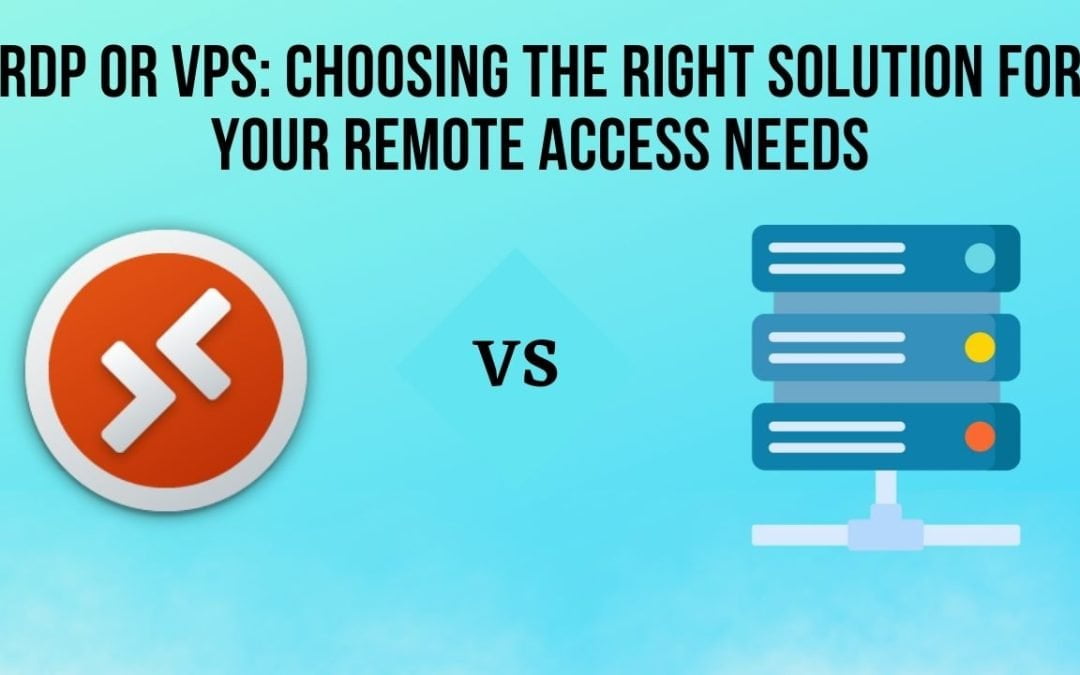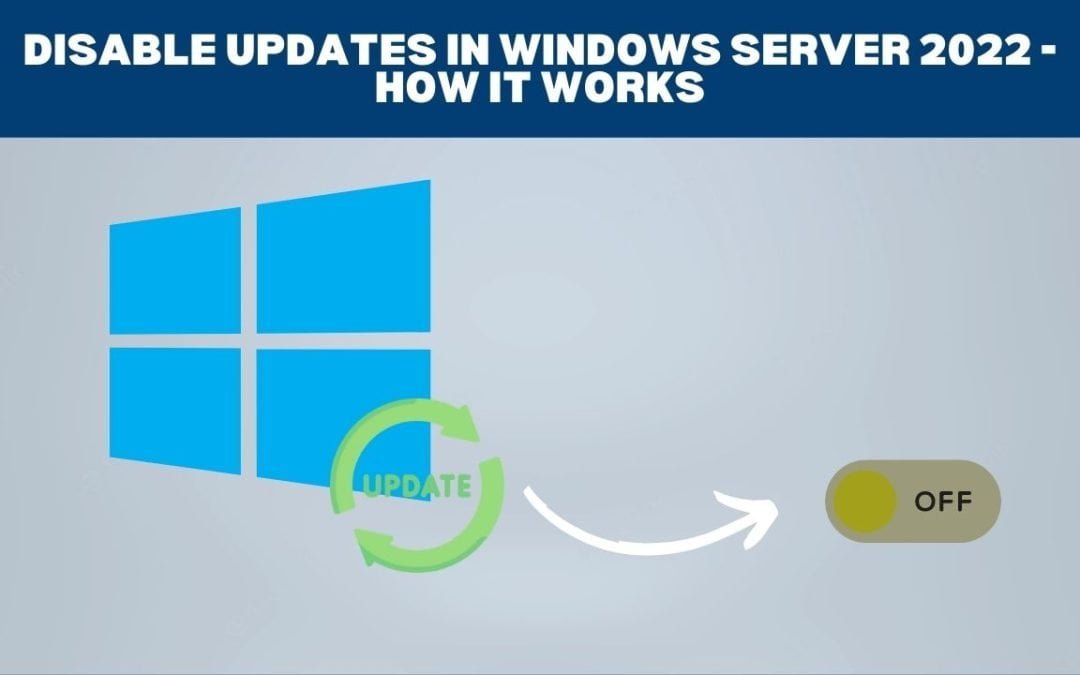Boost SEO: 7 Ways Web Hosting Shapes Your Rankings.

What is SEO?
Search engine optimization in basic words can be said as to create your digital presence higher on search engine platforms like Google and Yahoo.
Search engine optimization (SEO) fuels your website’s organic growth, helping people discover your brand. Good old-fashioned word-of-mouth remains a potent force, creating genuine influence and goodwill unmatched by any marketing tactic.
Whether you’re a business owner, a small website creator, or a freelancer, your online presence relies heavily on SEO.
Diving into various SEO aspects like keyword research, backlinks, and technical factors such as schema markup and mobile friendliness is common. However, the subtle adjustments make the crucial difference between good and great. An often overlooked factor with untapped potential is your web hosting provider. Let’s explore how your SEO is impacted by web hosting.
What is Web Hosting?
Web hosting can be said as buying a space on the internet to make your website visible and accessible to the audience.
Understanding how your web hosting provider influences your SEO may seem unusual at first.
Consider this example: if A=B=C, then isn’t A relevant to C? While A may not directly impact C, there’s an indirect influence. Similarly, your website is shaped by your web hosting, and your search engine optimization is, in turn, influenced by your website.
In this blog, we’ll uncover the connections and impact of your web hosting provider on your website’s SEO, exploring everything from page speed to server location, mobile friendliness, and data center location. Let’s delve into the various facets that affect your website’s search engine optimization due to web hosting. Let’s explore how web hosting affects SEO.
7 ways Web Hosting Shapes Your Rankings
Explore how web hosting and SEO influence a website’s overall ranking and functionality.
1. Server downtime:
From e-commerce sites to blogs, everyone aims to avoid website crashes or unavailability.
Even a brief downtime can result in significant losses in sales, traffic, productivity, and finances. Moreover, if visitors encounter your site being unavailable multiple times, it can tarnish your website’s reputation, damage goodwill, and raise concerns about reliability.
Google may de-index your site if it encounters unavailability. Although no one can offer a 100% uptime guarantee, numerous web hostings provide a 99.9% uptime assurance.
2. Site speed:
In the fast-moving world of today, people are unwilling to wait when there are other options available. How long do you believe a prospective customer will remain on your website while it loads before moving on to a different site? The likelihood of a bounce rate rising by 32% if the page load time increases from just 1 second to 3 seconds. Ensuring that your website loads quickly is a crucial factor in improving its ranking. An optimal website load time is typically around 2.6 seconds.
There are certain tools available in the market to check out your current website. Speed such as:
A. Page speed insights
B. GT Metrix
Once you know your website speed, try to identify elements that make your website slower and fix them. Hence we can say that Web Hosting and SEO are significantly impactful on each other.
3. Support staff:
A Web hosting provider or any company, for that matter, must grasp the customer’s needs and remain accessible at all times.
We’ve witnessed how technical website issues like downtime significantly impact SEO. Thus, having a web hosting provider that not only offers customer service but also delivers efficient technical support when needed is crucial.
Selecting a web hosting provider can be based on their overall company reputation, including service reviews and availability. Given that a website can crash anytime, opt for a hosting provider that ensures 24/7 availability.
4. Security
In today’s unpredictable world, where possibilities abound, the onus is on us to stay vigilant and shield ourselves from potential harm. Who would want to visit or purchase from an insecure website?
Secure hosting providers take responsibility for various website aspects, offering SSL certificates for encrypted connections and firewall security to prevent unauthorized access, among other features.
In 2014, Google elevated HTTPS to a ranking factor in search engines, emphasizing its encrypted use and instilling a sense of security in users’ minds.
5. Server location:
The rationale here is that if most consumers are in the United Kingdom but your server is in the United Arab Emirates, the data transfer delay due to the distance between network points slows website speed.
Server location not only influences bounce rate but also subjects you to different norms and regulations based on where your website’s data is stored. This is critical for SEO, as non-compliance might lead to the temporary removal of your site.
Certain nations have strict regulations on data preservation. If your hosting server is in a location that doesn’t adhere to these rules, your website could face legal issues. To avoid SEO disruptions and legal consequences, it’s crucial to choose hosting locations that align with the data storage policies of your target audience.
6. Hosting limitations:
Let’s explore how some web hosting providers impose unusual limitations that can indirectly influence your SEO. While these restrictions may not directly impact SEO, they can hinder your website’s goals.
If you can’t configure your site, set up necessary redirects, or encounter issues with canonical tags leading to duplicate content, it adversely affects user experience and causes crawl errors. Hence, ensuring your hosting company can seamlessly handle these routine functions is crucial for your website to function well and meet SEO goals.
7. Type of Web Hosting:
Choosing the right type of web hosting significantly impacts your website’s SEO.
a. Free Web Hosting: Free web hosting can be said that User doesn’t have to pay any sum of money to acquire their Web hosting services. this kind of service may feel tempting at first, but they have various setbacks such as no custom themes, no custom domains, no access to backend adjustments, no access to .htaccess files etc. Which will not only affect SEO but also the working of the website.
b. Shared hosting: In this type of web hosting multiple websites share resources of a single server, this is preferable for websites that are in their initial phase and have a low traffic. It’s a cost-effective path. These websites are interdependent on each other, which can highly impact SEO of all of these websites. For example: If any one of the websites faces huge traffic it can slow your website which can not only affect SEO but overall working of the website .
c. VPS Hosting: VPS is a kind of web hosting in which a single server is divided into fixed spaces and given to users. It is preferred for websites that have mediocre traffic. Although these websites share the same server’s resources. However, they are not interdependent on each other, which not only provides fixed and reliable resources but any issue that occurs in their website, it’s their own doing. Hence websites’ overall working and SEO is purely dependent on their own work.
Explore More; Optimizing Server Performance with Bulk IP Solutions




